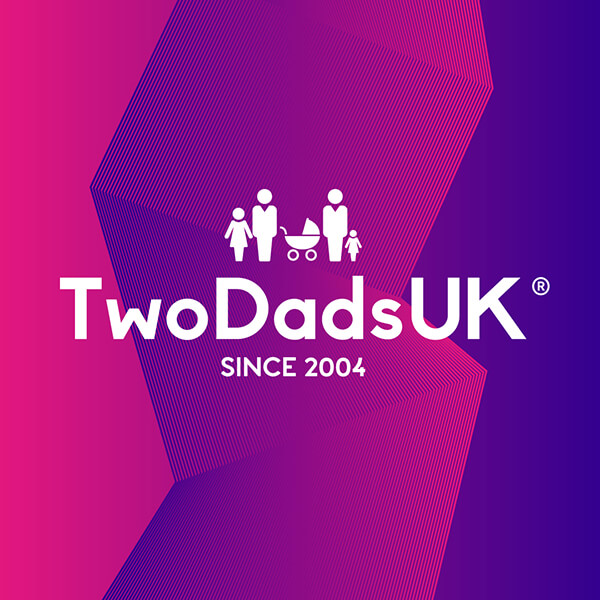Intrauterine insemination (IUI)
IUI or donor insemination is often used by people in female same-sex relationships who want a family and can also be used to impregnate a surrogate. You can have it with or without fertility drugs and the whole procedure is relatively quick and painless.
Find out more about IUI



